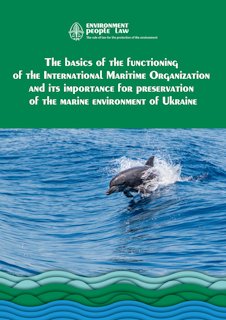 The world ocean is one of the most valuable natural resources of our planet. The seas cover about 70% of the world’s surface, providing people with raw materials, energy, food, jobs, a place to live, a place to relax, and means of transportation for more than 80% of world trade. Shipping industry is a key user of the oceans, delivering, for example, goods or transporting millions of tourists.
The world ocean is one of the most valuable natural resources of our planet. The seas cover about 70% of the world’s surface, providing people with raw materials, energy, food, jobs, a place to live, a place to relax, and means of transportation for more than 80% of world trade. Shipping industry is a key user of the oceans, delivering, for example, goods or transporting millions of tourists.
The United Nations is responsible for developing and adopting measures to improve the safety and security of international shipping, prevention of pollution from ships, and prevention of pollution resulting from waste dumping into sea. In connection with this, in 1948, an international conference in Geneva adopted a convention on official establishment of the International Maritime Organization (hereinafter also – IMO). Its original name was the Inter-Governmental Maritime Consultative Organization, or IMCO, but in 1982 the name was changed to the International Maritime Organization, or IMO. The Convention establishing the IMO entered into force in 1958, and the following year the new Organization met for the first time. Currently, the IMO plays an integral role in achieving the goals set by the UN in terms of protecting the marine environment.

